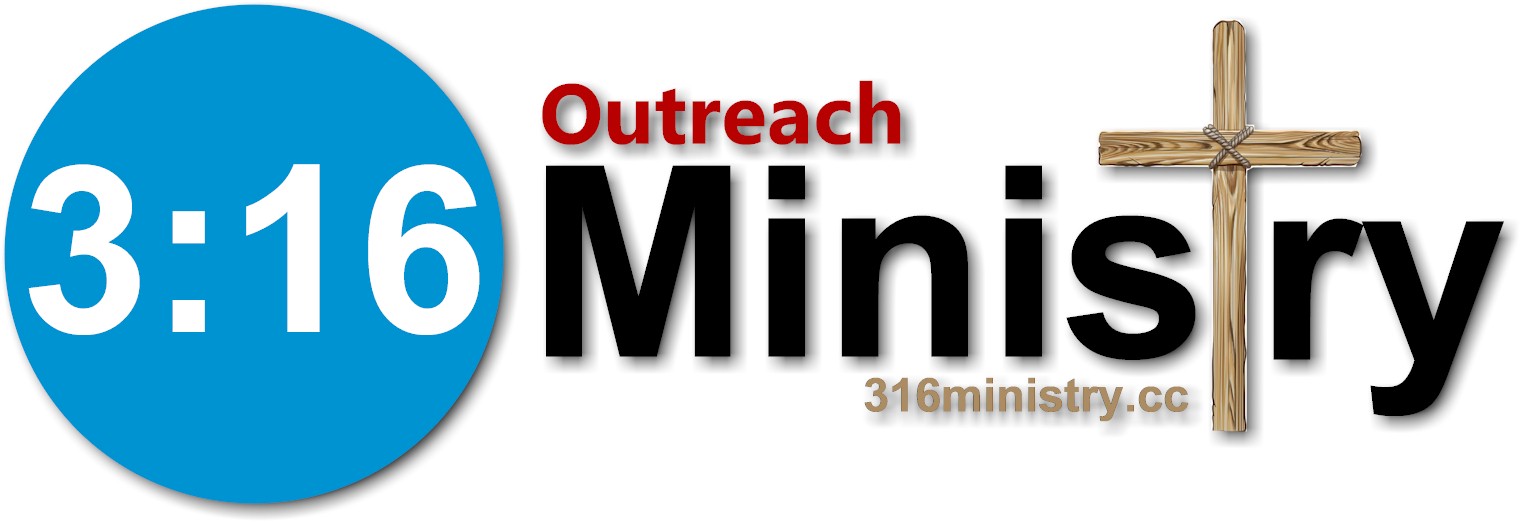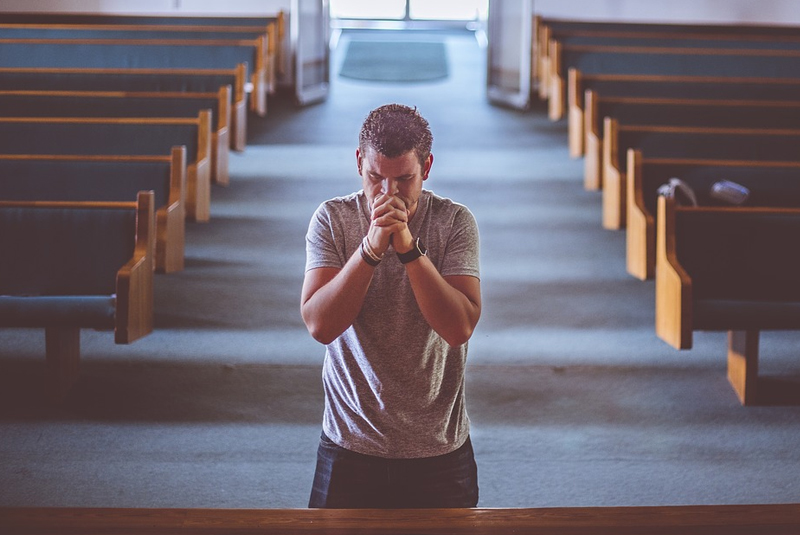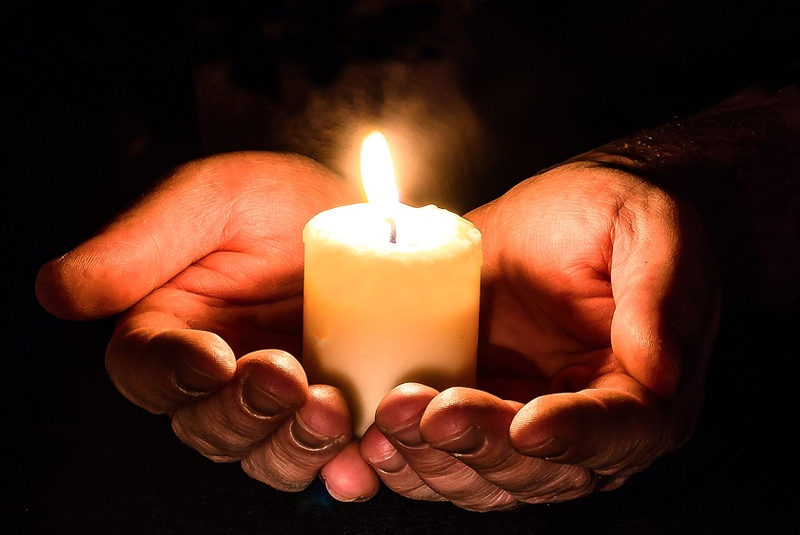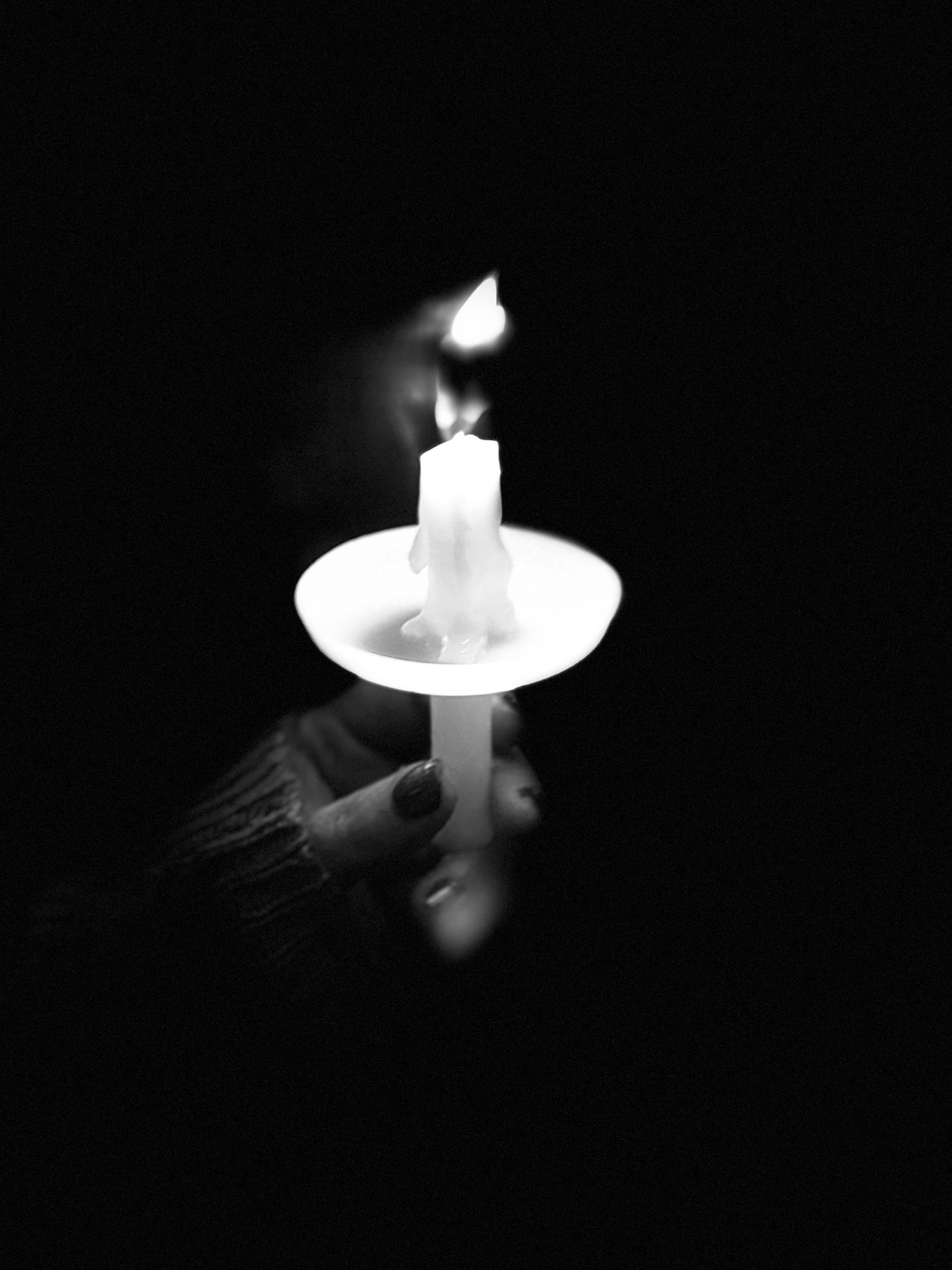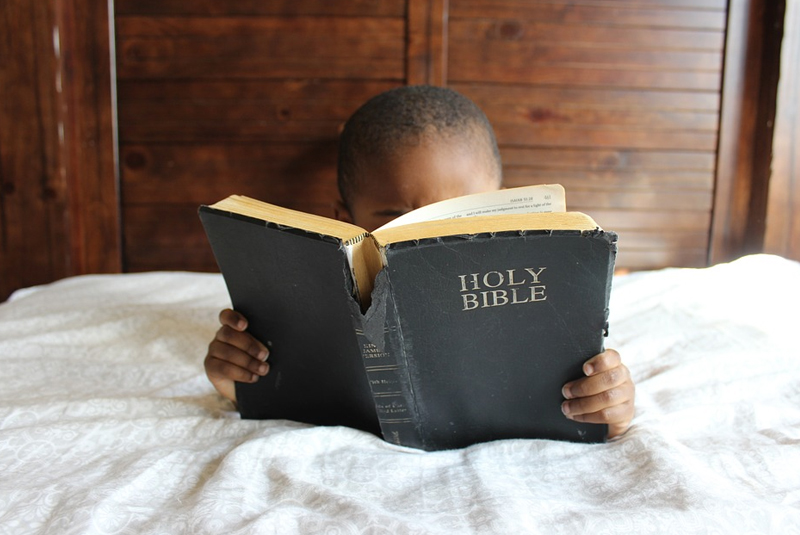Think about a time that you could have made a different choice in your life that would have caused you to be much worse off than you are. For most of us, that should be quite simple.
We chose not to go to college; We chose to keep drinking or doing drugs; We chose to not get married to who we did; We chose to take something that we wanted that wasn’t ours. You get the picture. Could be about anything. Examine your life. Any number of our decisions could have landed us in a bad place. But that is part of life, right?
As we move forward in the society that the world expects us to be part of, we continue to make choices every day, sometimes many a day, that could cause our life to be completely different. Turn left in our car vs turn right. Right is the happy path, Left, we get into an accident which causes us to get sued and we loose everything. If only we would have turned right.
Society has no tolerance for bad choices. No matter how much you wished you hadn’t made it, you are stuck with it. Sometimes that results in a hole that you just can’t get out of. You loose your house, you don’t have food, you resort to begging for any change that people might have, your pain is tremendous watching others that walk the choice precipice that you slipped off of. Often times one bad choice leads to others and pretty soon you are in a death spiral that you feel there is no coming back from.
Does any of this sound familiar? Or is it easier for us to remain in our happy bubble and continue to pat ourselves on the back because we have been lucky so far.
Let’s use a simple metaphor. You are walking down a city street and someone in front of you trips and falls. What is your first reaction? There are a few options which will flash through your mind.
- Evaluate to see if that person is approachable for help
- If they pass the approachable test
- We can decide to help them
- We can walk past them
Approachable test?
That could go either way really fast. As fast as your brain can process, usually subconsciously.
Older woman, nicely dressed, check, approachable.
Older man, nicely dressed, check, good one.
Younger woman with stuff in her arms, sure, help her.
Homeless man, dressed in rags, umm, maybe not so much. Maybe this is a pass on by.
Now, what if that homeless person was the one that took the left turn vs the right. Many times we evaluate people based on our happy path assessment without realizing that one choice is all that is really different between us. Our vision of who that person is often is driven based on our social scales and when we measure, we find that they didn’t reach the bar. Purely optics.
If we were to draw an imaginary line, putting all the people that made good choices on one side, the “good” people, and on the other side, we put the not so fortunate, “bad” people, depending on the approachable test, which side is bigger? Now we can call the line the barrier that most people won’t cross. The thickness of the line is different for each person.
When we build our line, which we can call a wall, the thickness is based on our perception of the people on the other side. The evaluation. The reasons we won’t cross the wall are different. They are dirty, they might be “crazy”, they are just going to use the money for something bad, and so on. We all know our reasons.
When you apply social thinking, the wall thickens because of the evaluation, based often on what we have been told. But when you start to apply Gods Word to our thinking, the wall begins to thin.
If you start to humanize the people on the other side, and realize, you are just one bad choice away from the same fate, it can help peal away the anxiety about understanding how you might be able to help.
God makes it very clear that what you do to others, you do to him. It is better to give than receive. Do to others what you want done to you.
I saw a video which was named very to the point, #AskWhy. It talks about the reason 1 in 100 Kiwis are homeless. Here is the link: https://youtu.be/JnN4tCBbSGE This problem is a world wide issue. There are some people that just need a bit of a boost to get them across your line. Others need more substantial help. Most want to be better, and when I say better, just the ability to have a roof over their head, some food daily, and to be clean with clean clothes to put on. And of course to be able to have all of that while they are safe and secure.
Many will work for success but most are not given the chance. Most, after their ordeal, will never be the shiny new penny the world craves but basic human needs are not as simple to get as one might think. Here is your chance to make a choice. If you help us to help them or you help them yourselves. Either way, they need the help.
